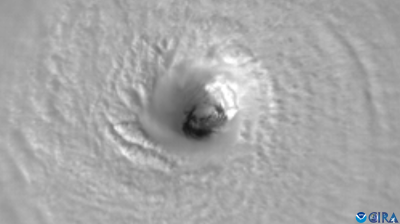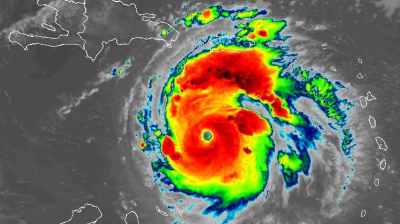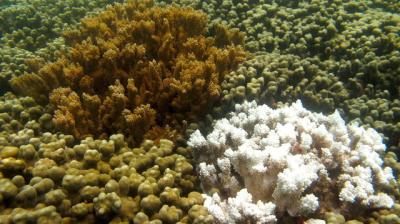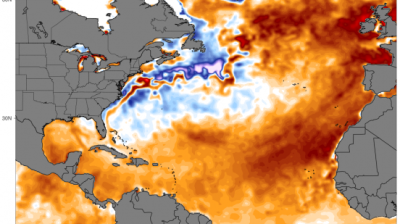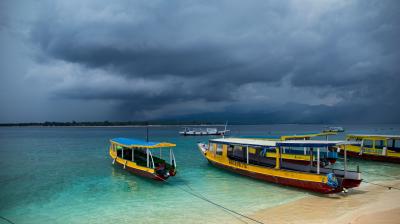World Oceans Day: Revitalization and Collective Action

The ocean connects, sustains, and supports us all — but its health is at a tipping point. This threatens ecosystems, food security, livelihoods and coastal safety. The theme of the 2022 United Nations World Oceans Day is therefore Revitalization: Collective Action for the Ocean.
Covering some 70% of the Earth’s surface, the ocean is a major driver of the world’s weather and climate. It carries more than 90% of world trade and sustains the 40% of humanity that lives within 100 km of the coast. The ocean traps more than 90 percent of excess heat from human activities.
The official United Nations World Oceans Day (UN WOD) celebration on 8 June will therefore highlight the communities, ideas, and solutions that are working together to revitalize the ocean and everything it sustains.
World Oceans Day comes on the eve of the second United Nations Ocean Conference at the end of June. This seeks to assess the achievement of the targets of Sustainable Development Goal 14 (SDG14) – Conserve and sustainably use the oceans, seas and marine resources for sustainable development.
“ The planet is facing a triple crisis — climate disruption, biodiversity loss and pollution. The ocean shoulders much of the burden. It serves as a giant carbon and heat sink, “ UN Secretary-General Antonio Guterres told at One Ocean Summit hosted by France earlier this year.
“ As a result, the ocean is growing warmer and more acidic, polar ice is melting and global weather patterns are changing. Ocean ecosystems are suffering. So, too, are the communities who rely on them. More than 3 billion people depend on marine and coastal biodiversity for their livelihoods. The number of marine species is dropping. Coral reefs are dying,” he said.
The WMO State of the Global Climate 2021 report showed that the three ocean related climate indicators - sea level rise, ocean heat and ocean acidification – set new records in 2021, all driven by record greenhouse gas concentrations.
The WMO community monitors the ocean and how it is changing, models how it affects the atmosphere and delivers a wide variety of marine services, including supporting coastal management and Safety of Life at Sea. The growing impacts of climate change are making ocean observations, research and services more critical than ever before. Adaptation decisions must be informed by trusted data, and supported by up-to-date services.
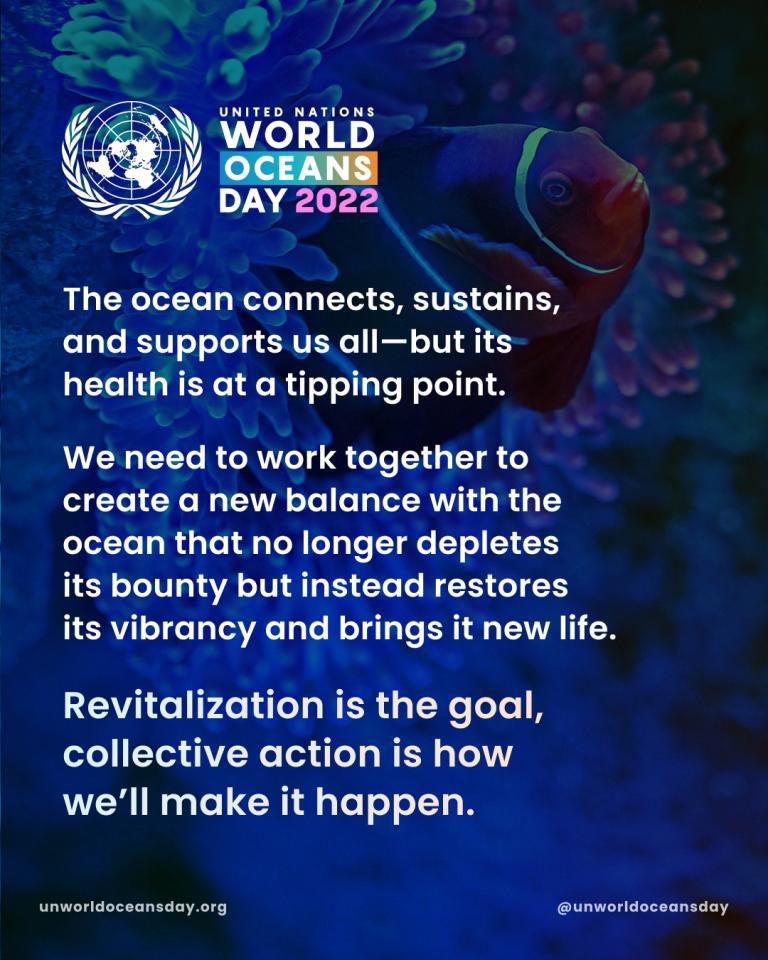
The ocean is also a key driver in natural climate variability. Thus, concurrent La Niña and negative Indian Ocean Dipole (IOD) conditions markedly increase the odds for below-normal rainfall in East Africa, which has suffered four consecutive failed rainy seasons and faces looming starvation.
WMO is seeking to ensure universal access to early warnings within the next five years, and to bolster seasonal forecasts to inform decision-making. A pre-requisite for this is improved and facilitated observations and data exchange covering the oceans in areas both under and beyond national jurisdiction.
WMO activities include the following areas:
- Climate change, pollution and increased human pressure on ocean exacerbate the need for sustained observations to help improve our understanding, management and sustainable development of the ocean, and the need to enhance access for observing networks.
- The need for increasing and streamlining observations of ocean CO2 concentrations and fluxes as a key component of understanding and measuring the global carbon cycle to inform global efforts to lower greenhouse gas emissions.
- The need to scale up action to assist vulnerable coastal countries (especially SIDS) against hazards including tropical cyclones, and with guidance for effective end-to-end coastal inundation warning systems and restoring coastal ecosystems as a key adaptation measure and to build resilience
- The need for weather and climate services to support marine safety and efficiency and enable effective emergency environmental responses.
- The need for enhanced polar research, observations and services as these regions are on the frontline of climate change.
The UN Oceans event will be live broadcasted from 10AM-1:30PM EDT on the UN World Oceans Day website, UN TV, Oceanic Global’s website, as well as on Oceanic Global’s Facebook Page.
The Marketing Toolkit is available here, including the official trailer (watch here).




